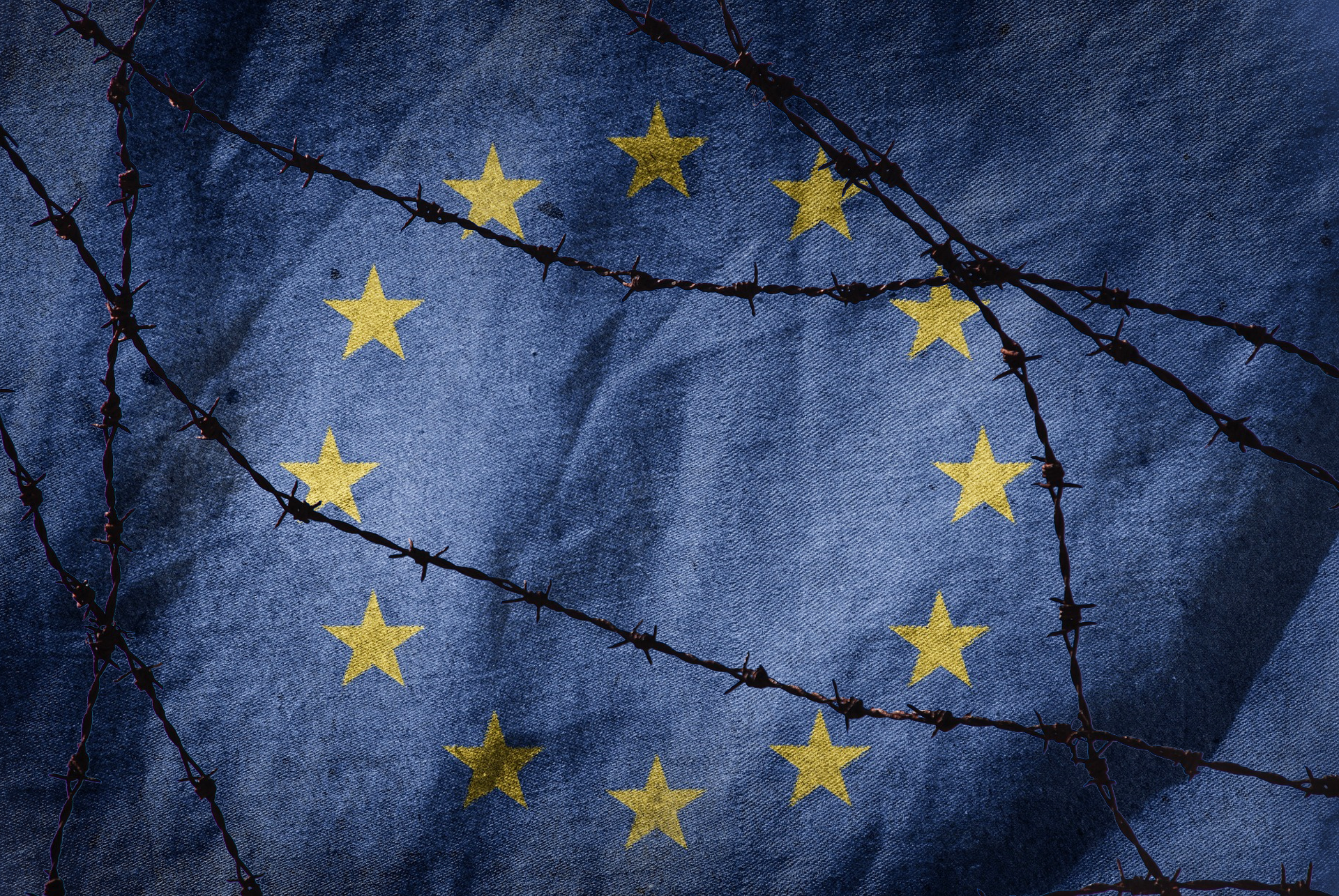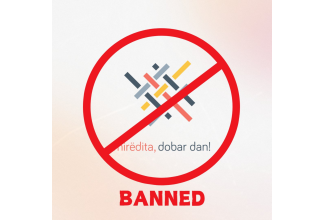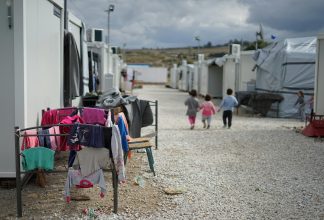The EU’s new migration and asylum pact hollows out the right to asylum

Yesterday, the EU Parliament voted through the European Union’s migration pact after several years of negotiations. It includes the ability for countries to buy their way out from the responsibility to accept their share of EU asylum seekers. Civil Rights Defenders has reviewed the pact. The pact will undermine the right to asylum, increase the number of children and adults in detention, and increase the use of substandard asylum processes.
“Every day, brutal human rights violations occur at Europe’s borders. The EU’s new migration pact will worsen this situation and significantly increase migrants’ and asylum seekers’ suffering. People will be prevented from seeking and receiving protection from war and persecution,” says Martin Nyman, senior legal advisor at Civil Rights Defenders.
A solidarity mechanism without solidarity
The Pact negotiations began in 2015 as a response to more than a million asylum seekers arriving in Europe fleeing war and persecution, primarily from Syria, Afghanistan, Iraq, Libya, and Eritrea. One goal was finding a way for member states to work together to take in asylum seekers equitably, relieving pressure on Europe’s southern border countries that receive most migrants.
But instead, the EU Parliament today approved a solidarity mechanism where member states can buy their way out of the responsibility to accept their proportional share of EU asylum seekers. Initially, Sweden opposed this mechanism, initiated by Hungary among others, but in March this year, the Swedish Minister of Migration announced that Sweden is open to paying to avoid receiving asylum seekers from other EU countries.
“Swedish politicians from both sides were once strongly critical of the mechanism, and some even argued that putting a price on people was unethical. But that has changed. Instead of accepting a proportional share of asylum seekers, Sweden, like Hungary, now wants to buy their way out of that responsibility,” says Martin Nyman.
Substandard asylum processes
The migration pact also includes new rules for how asylum applications are processed in certain situations. For example, many asylum seekers who come from a country where fewer than 20 percent are granted asylum will be referred to an accelerated and substandard “border procedure.”
“The new asylum rules do not take into sufficient account that people have individual reasons to flee their country. Asylum seekers risk being deported to countries where they are subjected to abuse, torture, or death,” says Martin Nyman.
Increased use of detention – even for children
While border procedures are being processed, asylum seekers have no right to enter EU territory, which risks leading to a significantly increased use of detention at the EU’s external borders – even for unaccompanied children and families with children.
“Systematically expanding the use of detention at the EU’s external borders undermines the right to personal freedom and security, which is especially worrying when it comes to children.”
Erosion of the right to asylum in crisis situations
In addition, EU member states will be able to apply for exemptions from several parts of EU asylum regulation in a crisis, including during an increased arrival of asylum seekers or during pandemics and natural disasters. The definition of what constitutes a crisis is very vague.
Member states would be able to increase the number of individuals whose asylum applications are processed through the border procedure and extend the duration of the border procedure.
“The crisis regulation gives member states increased opportunities to use substandard asylum processes at the borders, which increases the risk of people being deported in violation of the UN Refugee Convention and the European Convention,” says Martin Nyman.
Increased use of sensitive personal data
The use of biometric data will increase. For example, fingerprints and facial images of children as young as six years old may be stored for up to ten years.
“Authorities may need to use coercive measures to collect the data, which poses a risk that both children and adults would be subjected to violence in the process.”
All EU member states must not go down the same path
Wars, climate change, persecution, and lack of access to food, water, and healthcare cause millions of people to flee their homes each year. According to UNHCR, 75 percent of the world’s refugees are currently received in low- or middle-income countries. The EU’s new migration pact will contribute even more to keeping asylum seekers outside the EU’s borders.
“The EU’s migration pact sets a very low bar for member states’ responsibility for asylum seekers. All member states do not need to take the same harsh path. Member states can ensure that asylum procedures in their country are fair. They can argue against agreements that pay dictatorships to keep asylum seekers outside Europe’s borders,” says Martin Nyman.
A positive addition to the pact is that an independent evaluation mechanism will be established.
“EU member states can and should contribute to the establishment of an independent monitoring mechanism to strengthen the protection of human rights at the EU’s external borders,” says Martin Nyman.


